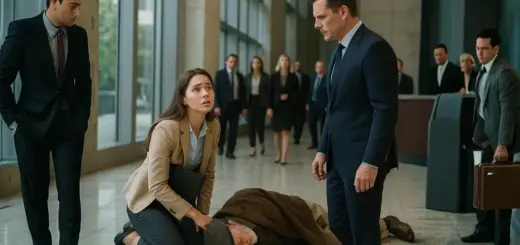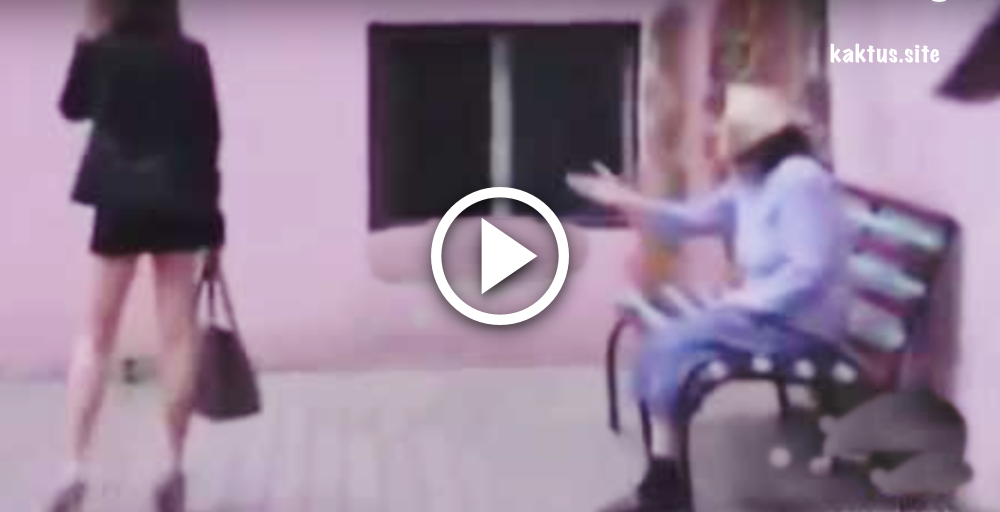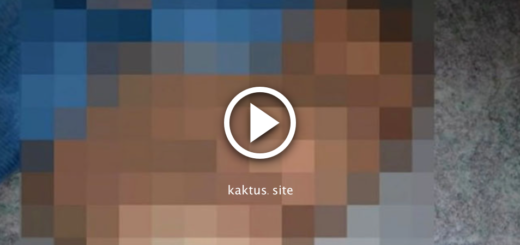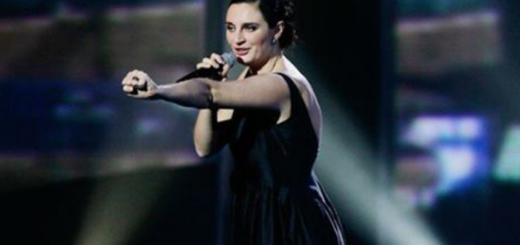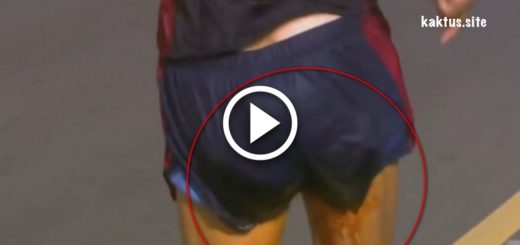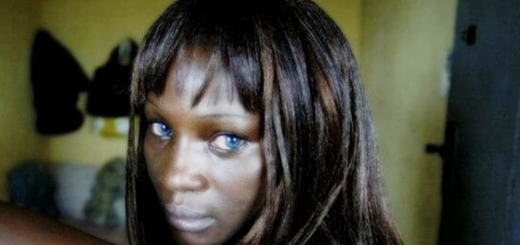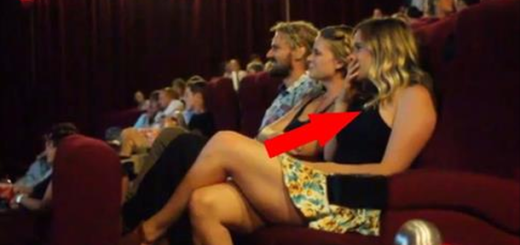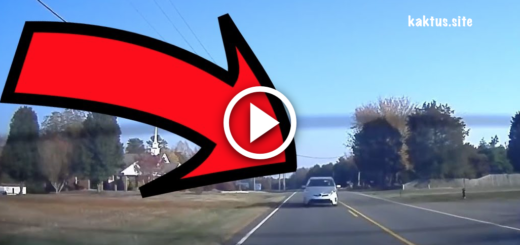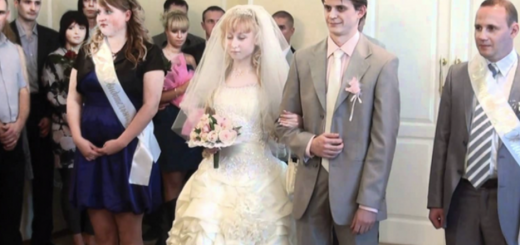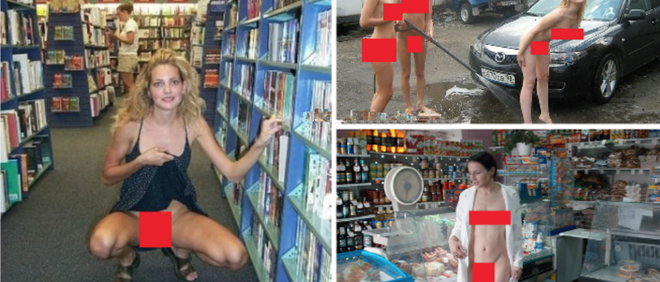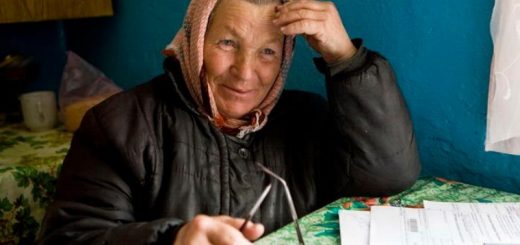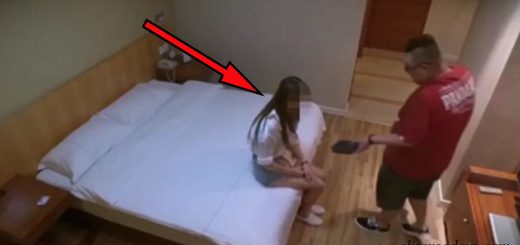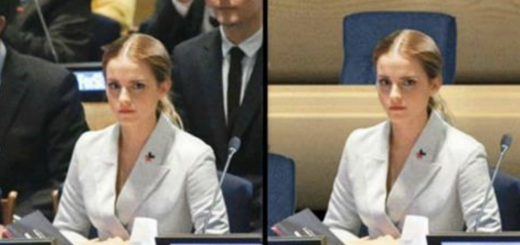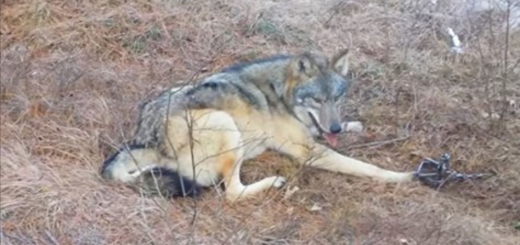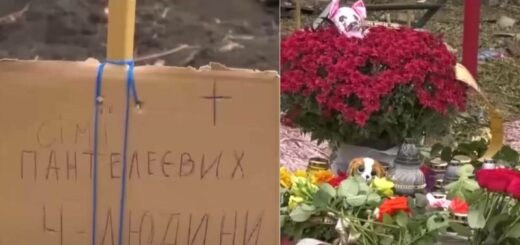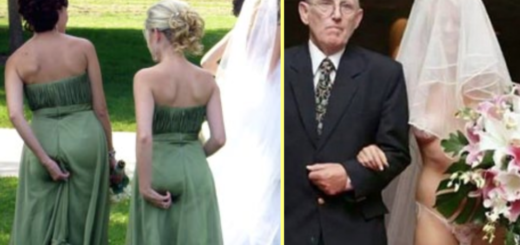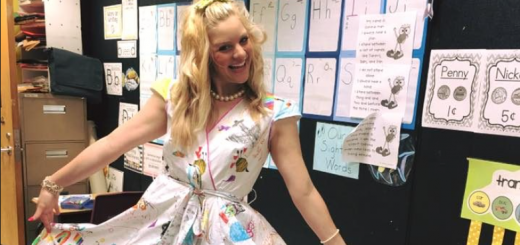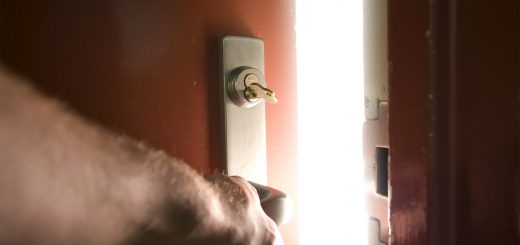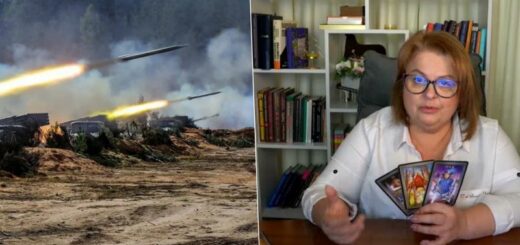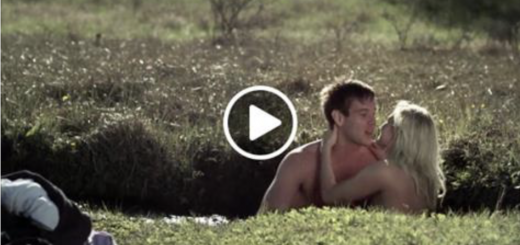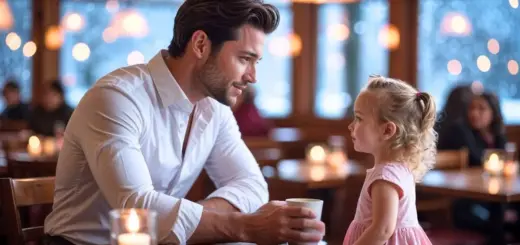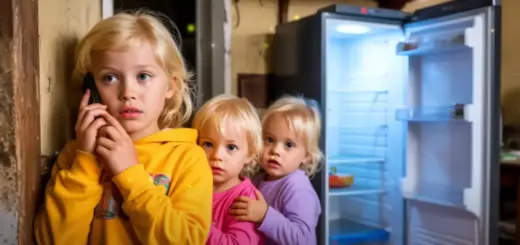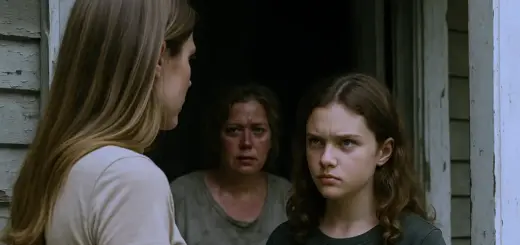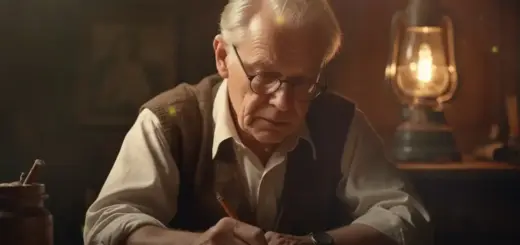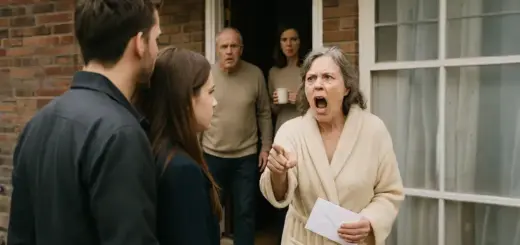At one rest stop, I caught my reflection in the car window. No makeup, hair pinned up, eyes still tired but alive. Evan followed my gaze.
«You look peaceful,» he said.
«I feel unhooked,» I admitted, «like I’ve been holding my breath for a decade and finally remembered how to inhale.»
He smiled. «Boundaries will do that.»
We didn’t talk much after that. We didn’t need to. Every mile between us and my parents felt like a wall I should have built years ago.
Three days later, while sitting by a lake with our feet in the water, my phone buzzed again. A long message from Mom: You’re still angry. This is too far. Family helps family. That’s how we raised you.
I stared at it for a minute, the words like a net trying to pull me back into the same role I’d finally escaped. Then I replied with a photo. It wasn’t of us smiling or the wedding or the car. It was a single picture of the notarized letter. Caption: Help isn’t theft.
I blocked her afterward, not out of hate, but out of habit-breaking.
Back home, we unpacked slowly, the air in our house feeling different, lighter, sharper. The group chats were quiet. My cousin’s messages dried up.
The family thread that once pinged daily—»good morning,» «funny memes,» «who’s cooking Sunday dinner?»—was dead. It didn’t hurt the way I thought it would. It felt earned.
Two weeks passed before the next ripple. A cousin texted, «You guys okay? Aunt Marjorie said there was a fight at the wedding.»
«Not a fight,» I replied. «A boundary.»
No response. Just the three dots that blinked for a while, then disappeared. The silence was its own kind of peace.
Evan and I went back to work. We stopped explaining ourselves. We started new traditions: slow Sunday breakfasts, evening drives, music with no lyrics.
Sometimes I’d see Danielle’s name pop up on suggested posts, her curated happiness shining like glass, transparent and fragile. I didn’t click anymore.
One evening, while sorting through the wedding photos, I found one that no one else had noticed. It wasn’t staged, wasn’t smiling, wasn’t perfect. It was taken seconds after the confrontation.
Mom’s hand was mid-air, Danielle’s mouth half-open, my expression unreadable. Evan was beside me, calm and solid. A friend must have snapped it by accident.
I printed it and tucked it into the back of a photo frame, behind all the beautiful pictures. Because perfection is a lie, but truth, even when it hurts, is worth keeping. I realized that was my favorite photo of the entire night. Because it was real.
The peace lasted about three weeks. Then came the guilt. Not theirs, mine. It started in small doses, like a cough that wouldn’t go away.
Every quiet morning felt slightly haunted by that internal voice I’d been trained to obey: You’re the problem if they’re upset. That’s what being the resilient one does. It rewires you to feel guilty for surviving.
Evan noticed before I did. «You’ve been staring at that same mug for 10 minutes,» he said one morning. «What’s going on in your head?»
I shrugged. «Just detoxing, I guess.»
He tilted his head. «Detoxing?»
«Yeah,» I forced a smile, «from obligation.»
He nodded slowly. «Then let’s keep going.»
That afternoon, we did something ceremonial—mundane to outsiders, life-changing to me. We changed the locks. The old keys clattered into the trash with a sound that felt final. New keypad. New code.
No more emergency contacts listed under Mom or Dad. For years, I’d left them a way in, literal and emotional. Spare key under the flower pot. Credit card auto-pay. Family group passwords. I told myself it was love. Really, it was fear. That day, I let go of all of it.
Three therapy sessions later, I said something out loud that surprised even me. «I’m not grieving. I’m detoxing.»
My therapist smiled softly. «Tell me more about that.»
«I thought I missed them,» I said, «but I think I just missed being predictable. Their version of me was easy. The fixer, the forgiver, the one who never said no. Letting that version die feels selfish, but it’s not.»
«It’s self-respect,» she said.
That word hit hard. Respect. Something I’d handed out like napkins. By the fourth session, I was ready to make it practical.
I deleted the old family emergency contacts from my phone, numbers that always rang for financial rescues, never birthdays. I replaced my mom’s number with my therapist’s in my speed dial list. It wasn’t revenge; it was logic.
Then I walked over to the fridge and peeled off the family photos one by one. Most of them were fake smiles anyway. Posed peace.
I left one, just one. The candid photo from the wedding. The one taken seconds after the truth detonated. Mom, mid-frown. Danielle, stunned. Me, holding the envelope. Evan, steady beside me. It wasn’t a happy photo, but it was real, and that’s all I wanted now.
People started testing the silence soon after. My aunt sent a «how’s married life?» text that quickly morphed into, «You know your mother’s heartbroken, right?» A cousin messaged, «Don’t you think it’s time to forgive? She’s your mom.»
But forgiveness isn’t a switch you flip for public comfort. It’s a boundary you reinforce for private peace.
I didn’t respond to most messages. When I did, I kept it simple: «Forgiveness isn’t owed. Respect is.» The replies stopped coming.
One afternoon, Evan found me sitting on the porch, staring at the horizon. «Regretting it?» he asked.
I shook my head. «No, just noticing the quiet.»
He sat beside me. «It’s weird at first, huh? The silence.»
«It’s not the silence,» I said. «It’s the absence of noise I thought was love.»
He didn’t answer; he just held my hand until the sun went down. A week later, I got a missed call from my dad. No voicemail. Just the ghost of his number blinking on my screen like a test. I didn’t call back.
Because calling back meant stepping onto the same stage they’d burned down. The next day, I found a letter slipped under our door. No return address.
Inside was a printed photo from my childhood: Danielle and me on the porch, arms around each other, grinning like we were equals. Scrawled on the back in Mom’s handwriting: Don’t let her erase your memories.
For a second, my throat tightened. Then I realized what she’d done. Even her nostalgia was a manipulation, a plea to rewrite the narrative back into her control.
I tore the photo in half, not out of rage, but reclamation. I didn’t need to erase my memories. I just needed to stop pretending they were safe ones.
The next morning, I made breakfast. Coffee, toast, sunlight. I unlocked my door without flinching and turned on music without bracing for someone to judge the volume. Freedom doesn’t always come with fireworks. Sometimes it’s just the quiet click of a new lock.
A full year passed before the next message arrived. By then, the air in our house felt different. Still. Calm. Honest.
The walls didn’t echo with anxiety anymore. Every inch of space finally felt mine. Evan and I had built small rituals: Friday takeout nights, Saturday morning drives, late-night laughter that didn’t have to be whispered. The kind of life that doesn’t need to be defended.
Our anniversary came quietly. We didn’t plan a big trip. We just decided to take the same car, our car, and drive until the coast appeared. The same vehicle that started a war now carried us into peace. The irony wasn’t lost on either of us.

